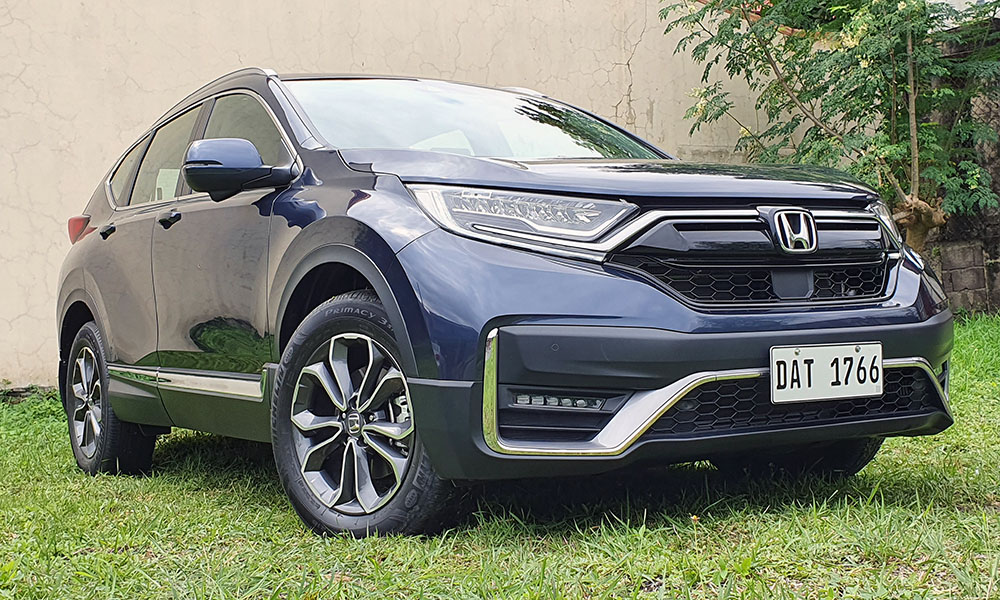
Over the years, most of the Honda cars I’ve had the pleasure of driving had most of their pulling power nestled in the upper reaches of the tachometer. In fact, the Civic SiR I used to have in college needed its B16 heart revved like mad just to eke out every ounce of usable torque from it. But times have changed since then, and I now have the keys to a CR-V that drinks cetane instead of octane. Let’s see if Honda does just as well with an oil-burner under the hood.
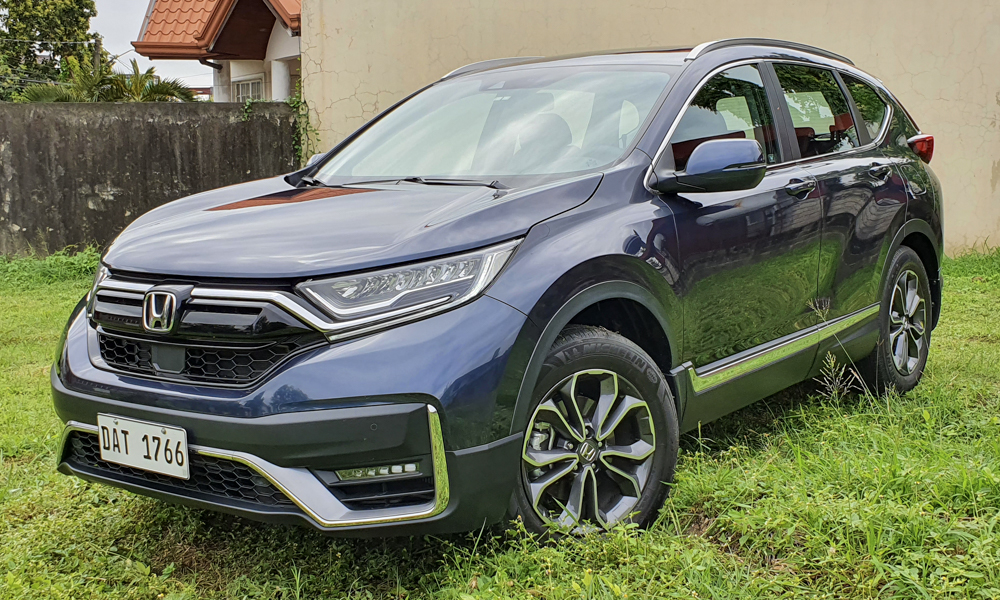
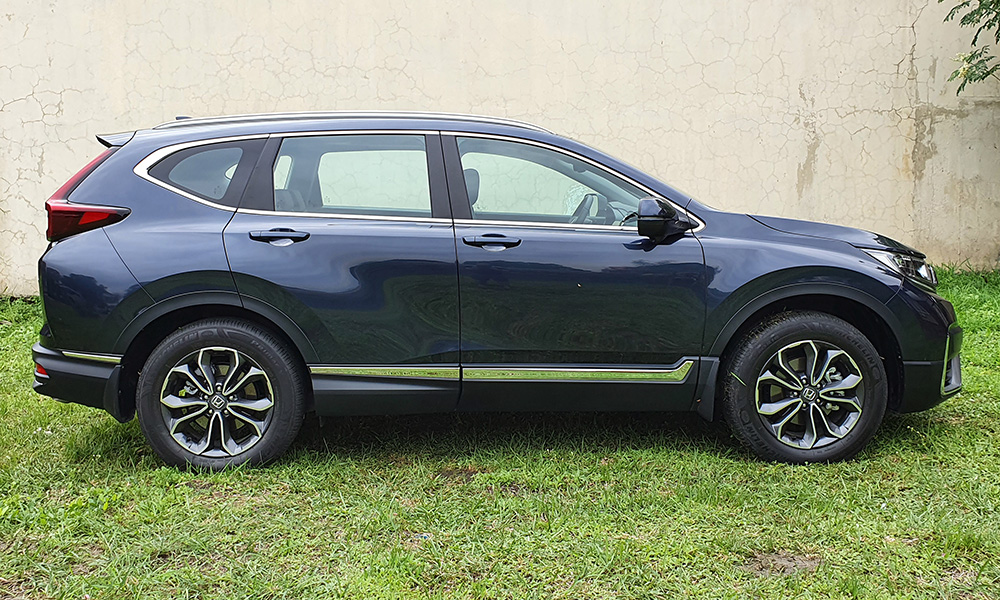
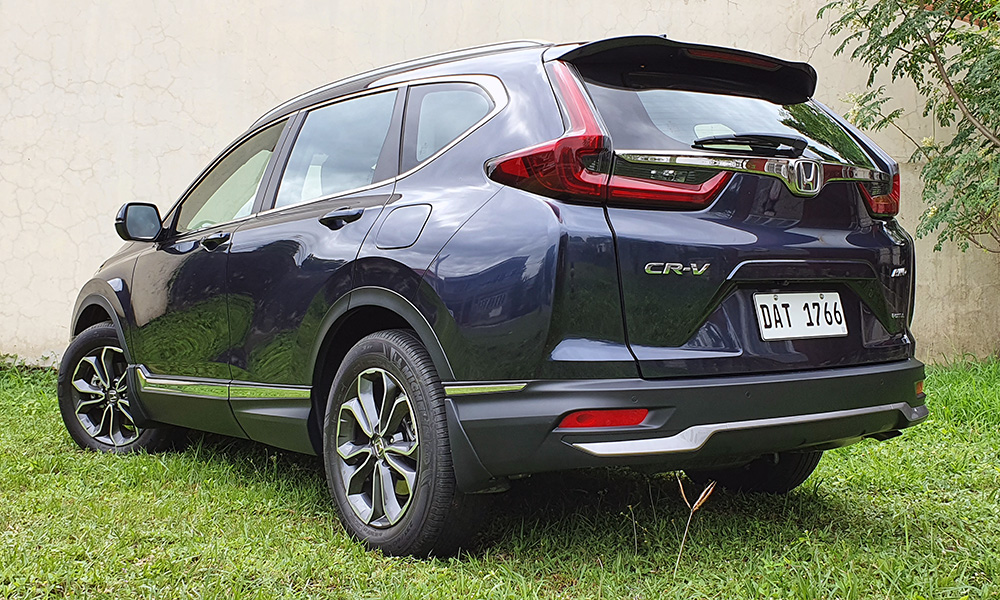
Allow me to talk about the engine first. It’s a 1.6-liter turbocharged diesel mill that produces 118hp and 300Nm. Now, this isn’t a small but terrible powerhouse that will leave others in clouds of sooty smoke, but it does provide a steady stream of pulling power even at low revs. The CR-V will still gain speed on hill climbs without the engine being worked hard, which obviously contributes to the astounding fuel efficiency I got from the car.
The car was delivered fully fueled, and I drove it to Silang, Cavite, and back, through traffic that took me two hours to do 20km, and some weekend errands. I even left it idling during the photo shoot. After about 360km of anything but frugal motoring, I returned the CR-V with just under half a tank of fuel left. The economy readout on the dashboard said 14.4km/L. Even though that number may have been slightly higher than if I had done my own measurements, I’d say that’s still impressive.
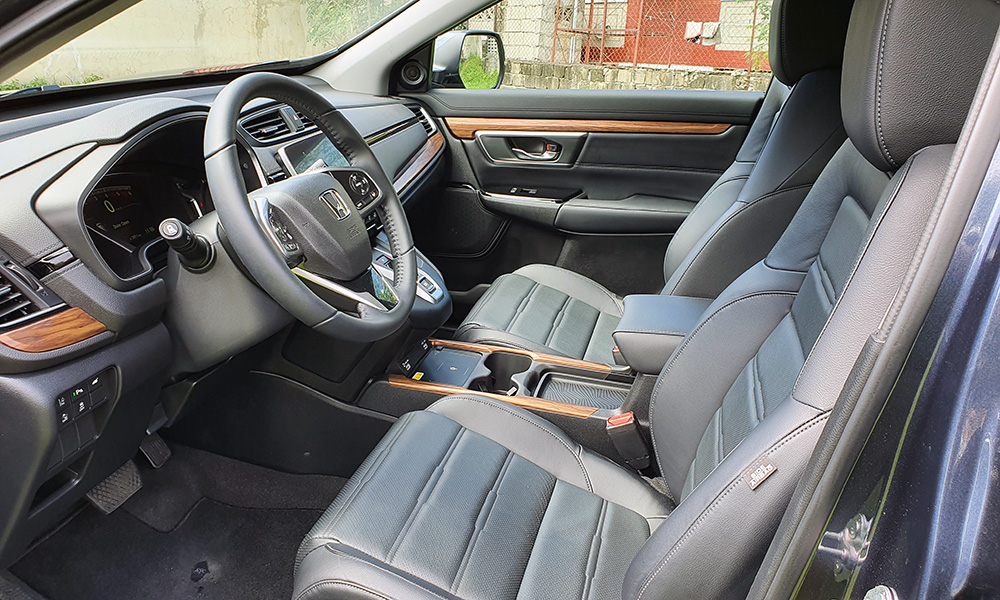
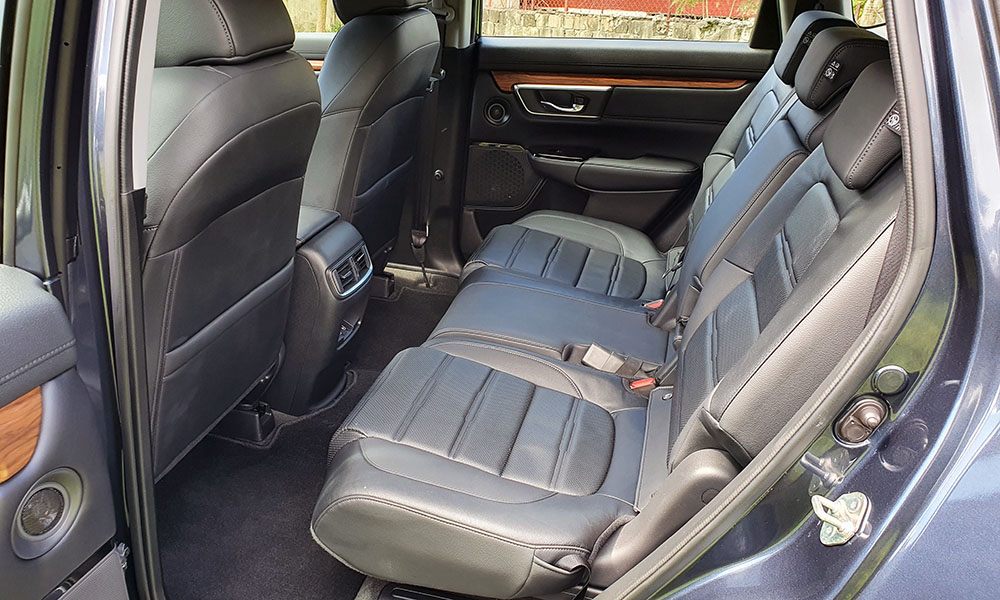
That frugality kind of set the tone for what I envisioned using the CR-V for. I’ve said before that I’m past that period in my life where I’d be willing to put up with a sporty vehicle on a daily basis, and the car was just something that I’d totally look forward to driving every day. For one, the suspension system is excellent as it just floats over potholes and expansion gaps. The dampers absorb just about anything thrown at them, which is good especially if you’ve got kids in the back.
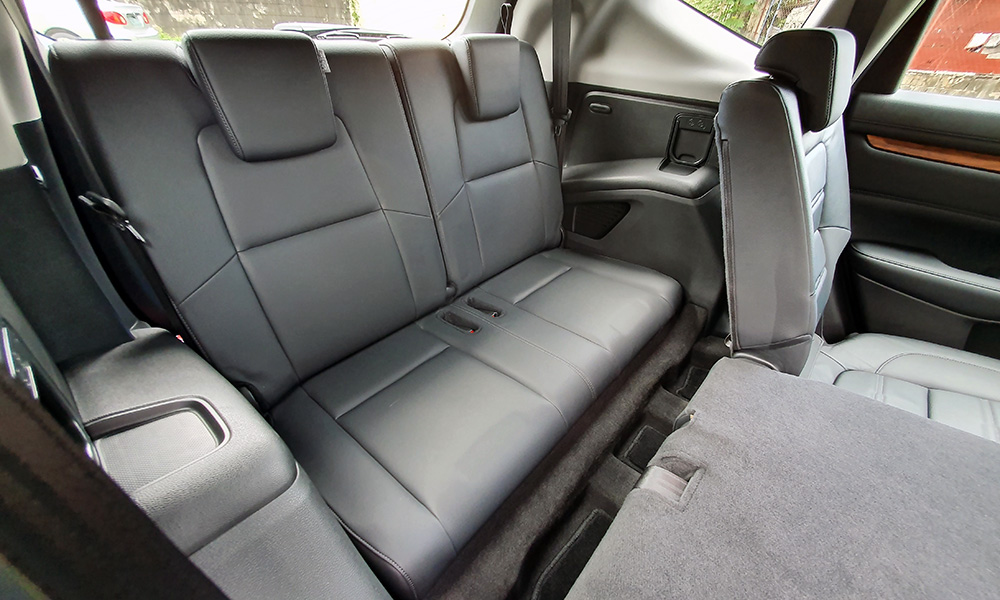
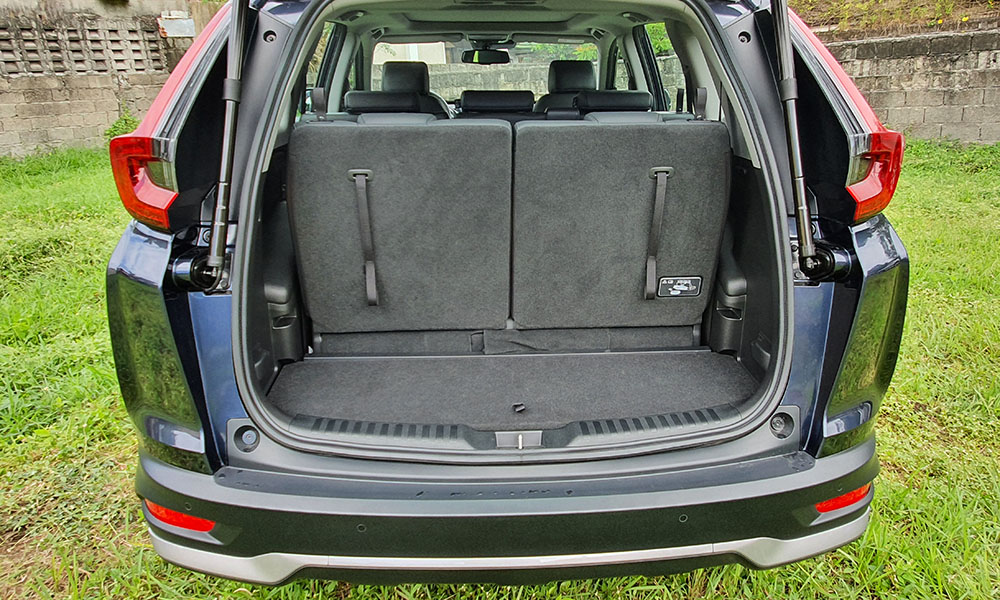
One thing I really like about the CR-V is its switchgear. The transmission’s selector buttons were surprisingly easy to get used to. Thanks to the uncluttered center console, it feels like the infotainment screen is bigger than it really is, which is good if you’re using Apple CarPlay or Android Auto. If someone else is using the USB port, you can just put your device on the wireless charging pad. The digital dashboard is easy to understand, and you can even configure it to display less information for a cleaner look.
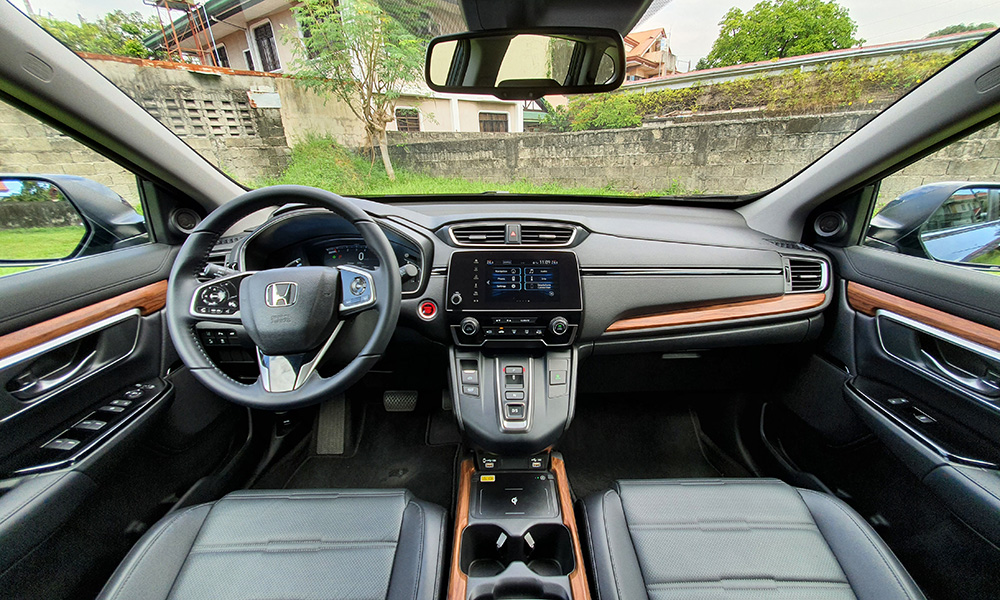
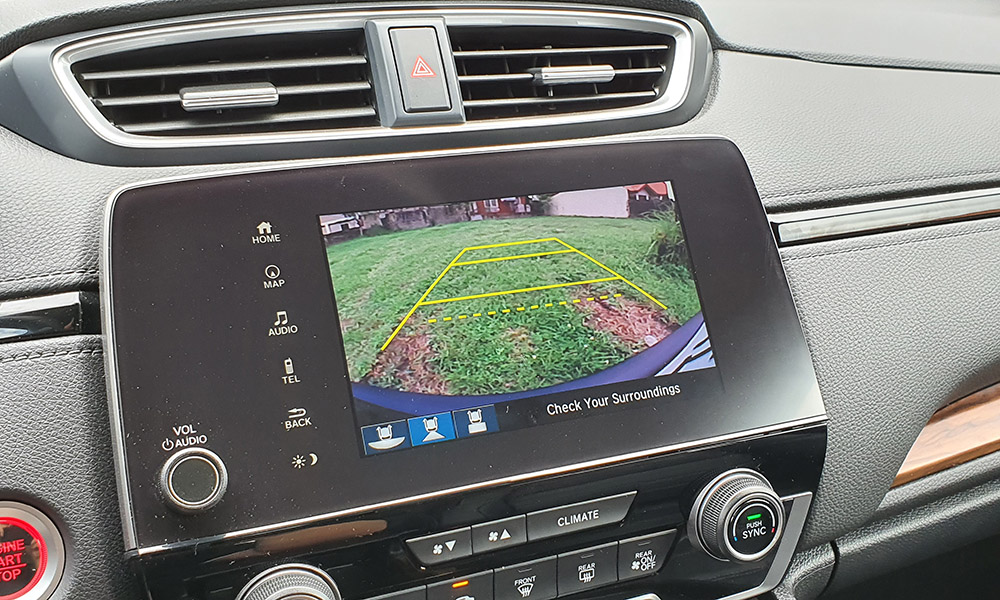
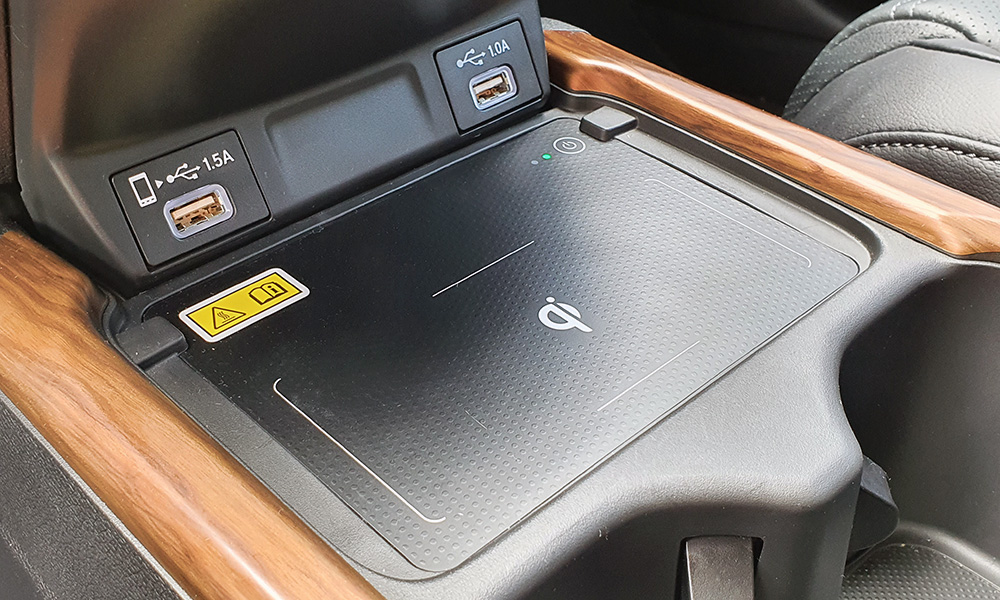
Space in the second row is quite generous especially if you slide the seats as far backward as they can go. The test unit was equipped with a large sunroof, so Honda thoughtfully fitted powerful ceiling vents in the rear. Legroom in the third row is a bit of a pinch, and since the cushions are low, having adults sit there isn’t a good idea. Actually, it’s much better to simply leave these seats stowed and use the CR-V strictly as a five-seater.
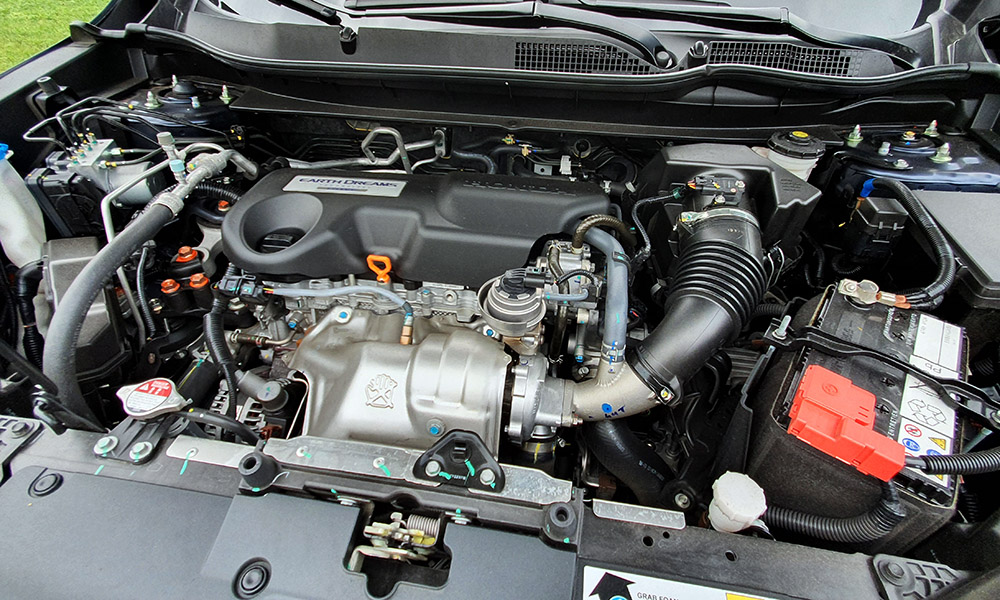
I’ve driven cars with all sorts of complicated electronic nannies in the metro, and they all seem to be overly sensitive. Honda’s Sensing isn’t that different especially with the brake prompt that comes on even when I’m not tailgating. It was quite annoying that I simply switched it off, which I had to do every time I started the car. Even the implementation of the blind-spot monitor was weird. Instead of small lights mounted on the side mirrors, it simply displayed my blind spot on the infotainment screen. Props to Honda for including Sensing in this range-topping SX test unit, but honestly I could do without it.
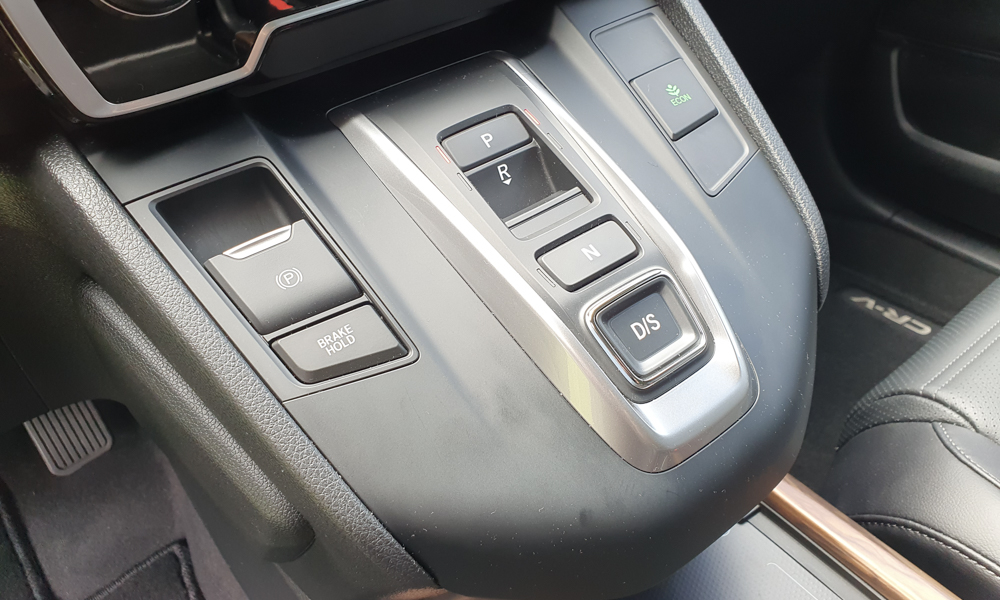
Going back to the CR-V’s powertrain, I expected smoothness from the engine. Instead, the diesel motor has a truck-like roar every time you touch the throttle. While that was not an issue for me as I had driven pickup-based SUVs for the longest time, it might be for those upgrading from something with a gasoline engine. And while I understand how the nine-speed automatic contributes to the car’s efficiency, I’m just not able to use all of it. In fact, the car stays in seventh gear at 100km/h, so that probably means I have to breach the speed limit if I want to use all of the ratios.
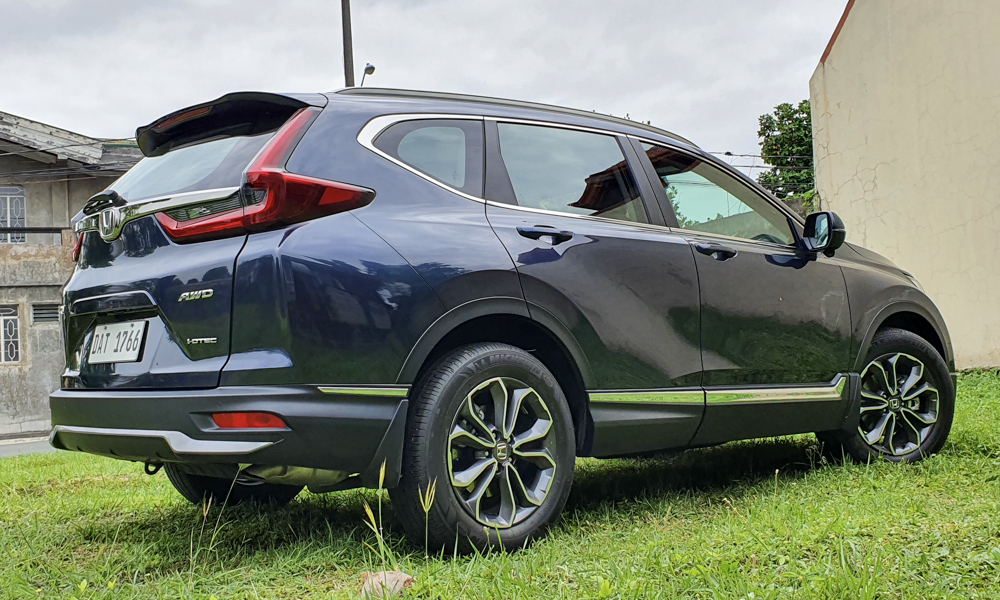
But given all that the diesel CR-V can offer and its rather steep asking price of P2,158,000, I still like this car and would even consider buying it (if I had the financial reserves, of course). It’s another way of answering the SUV question, because not everyone wants to put up with the ride quality of something truck-based. And the diesel engine just makes this crossover all the more desirable.
HONDA CR-V SX AWD
| Engine | 1.6-liter four-cylinder turbo diesel |
| Transmission | 9-speed automatic |
| Power | 118hp @ 4,000rpm |
| Torque | 300Nm @ 2,000rpm |
| Dimensions | 4,623mm x 1,855mm x 1,668mm |
| Drive layout | AWD |
| Seating | 7 |
| Price | P2,158,000 |
| Upside | The ride comfort and the bonkers fuel efficiency. |
| Downside | The asking price and the overly sensitive driver aids. |

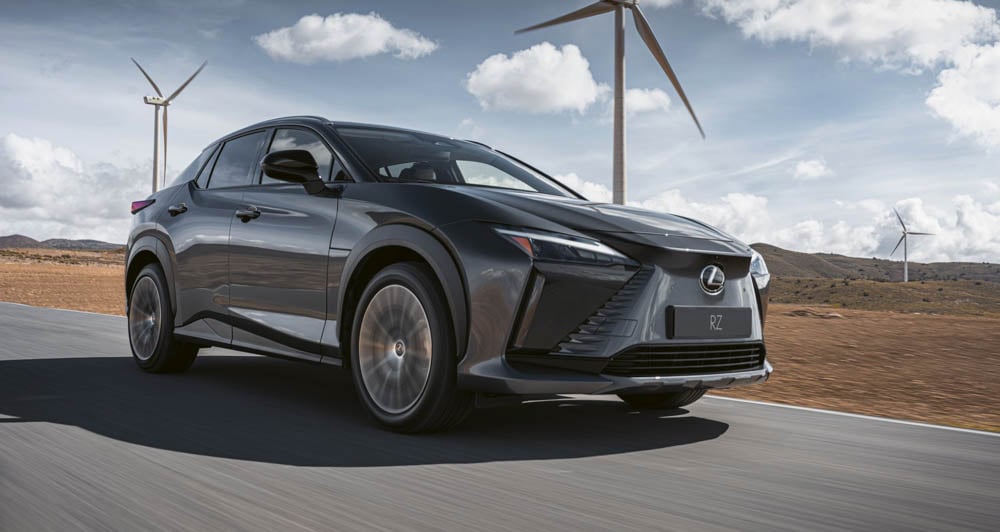
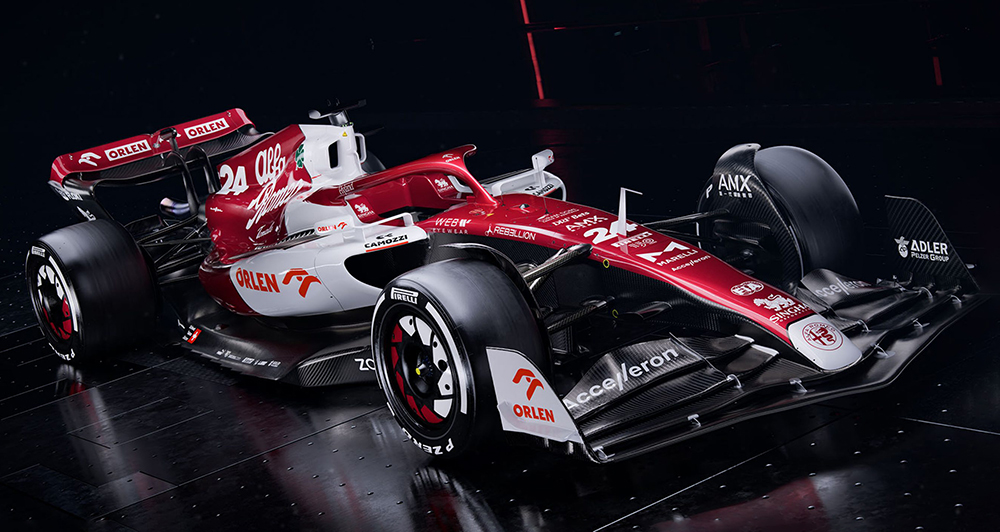
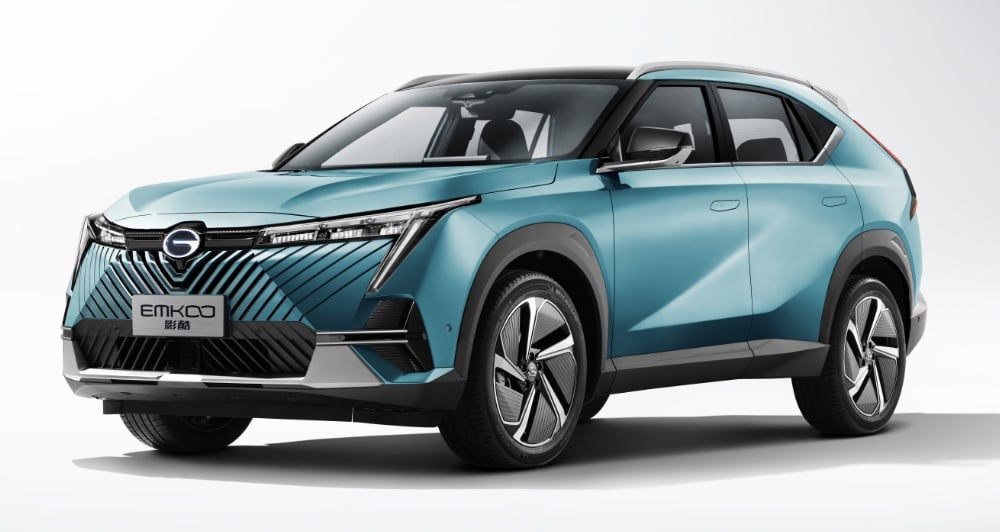
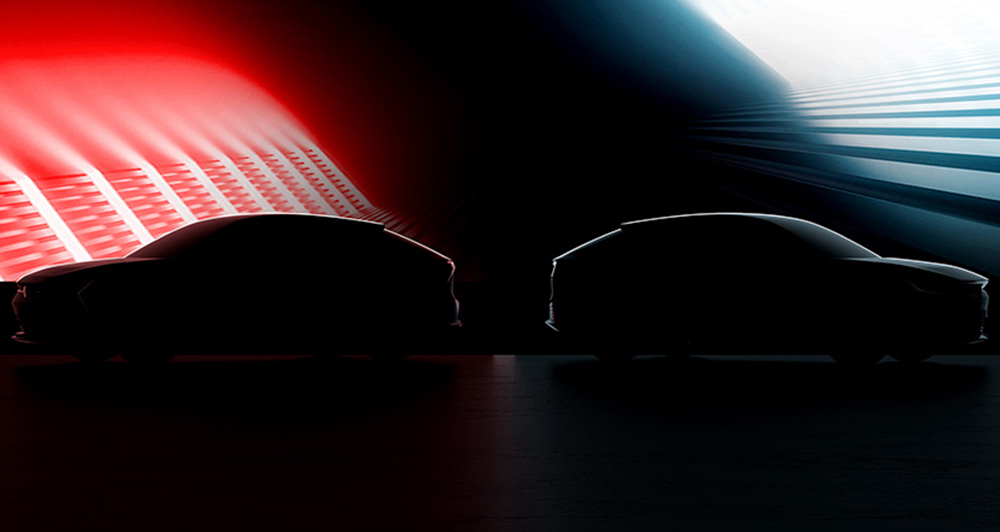
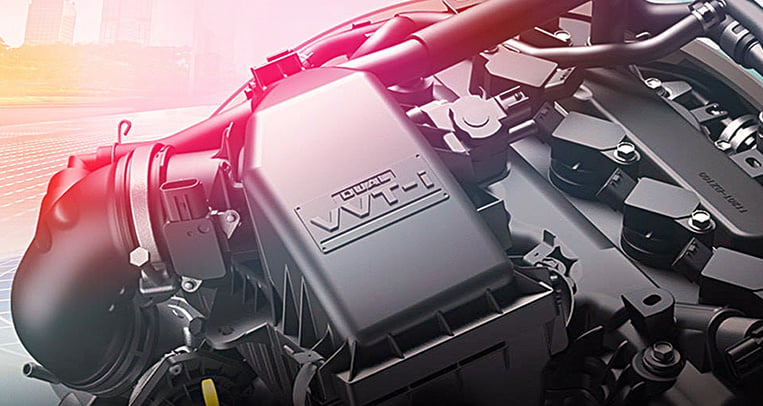

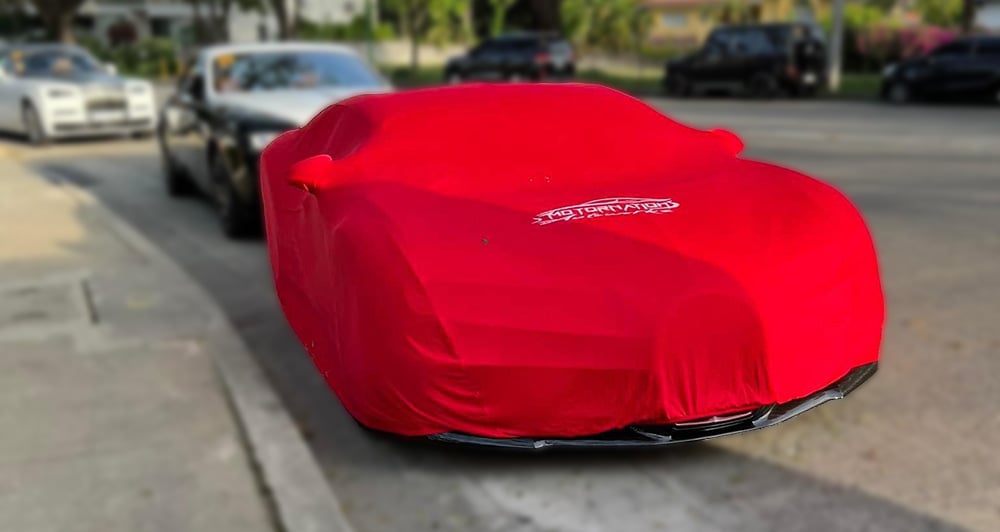



Comments